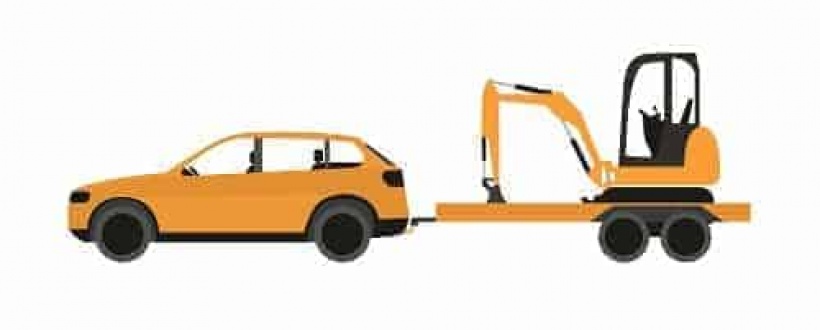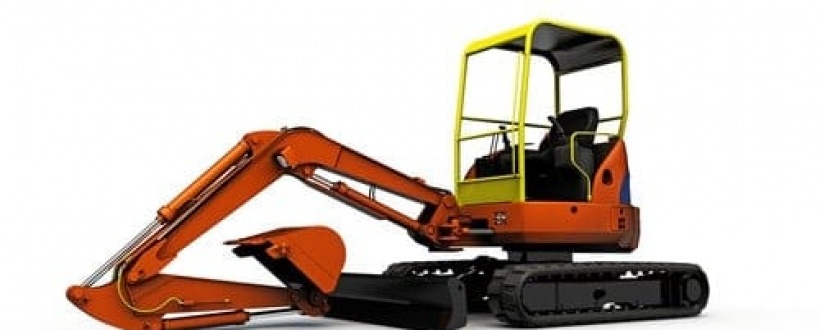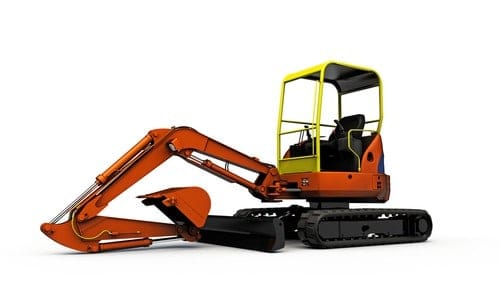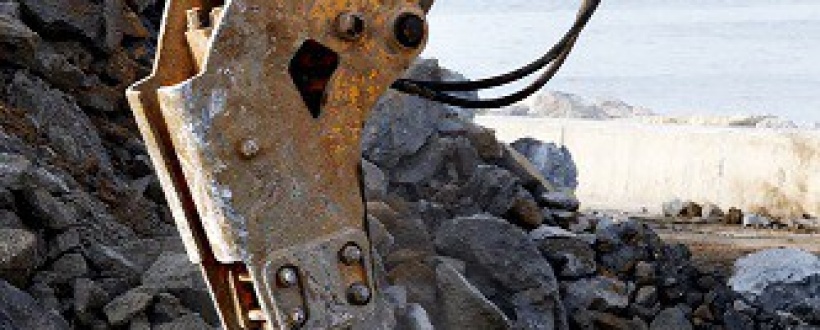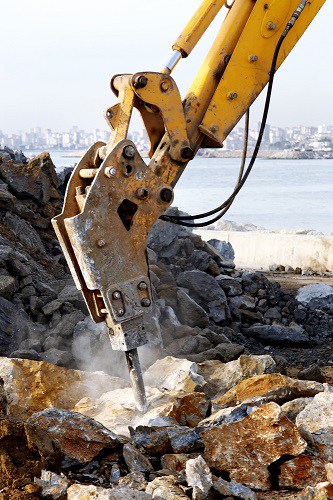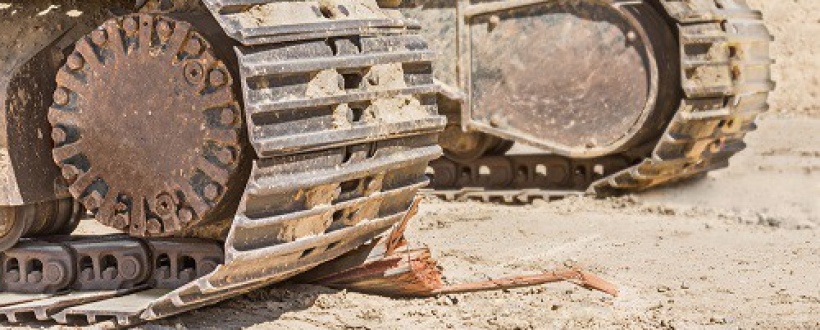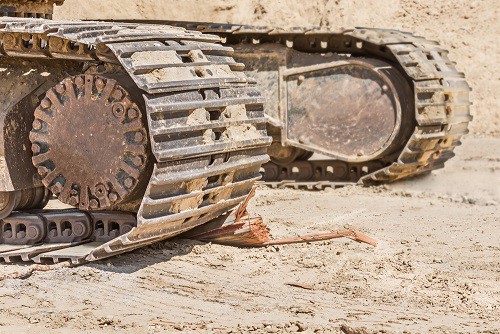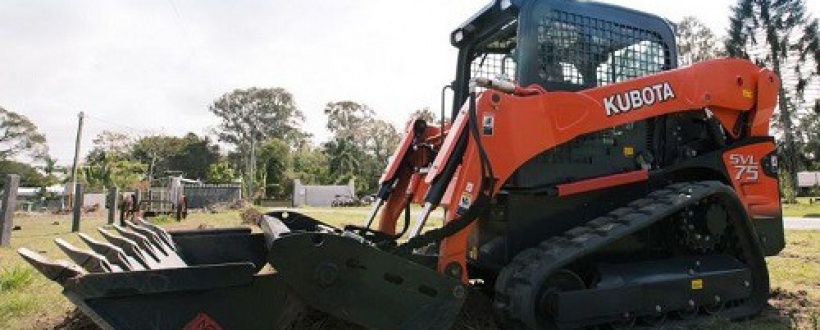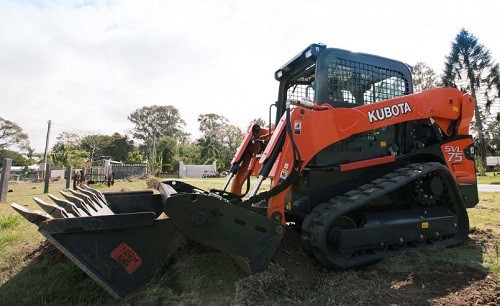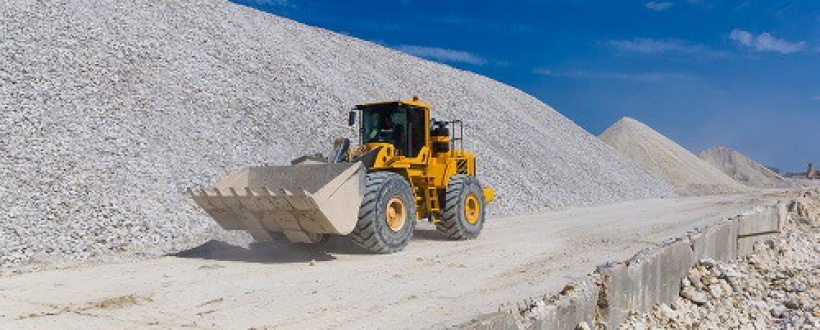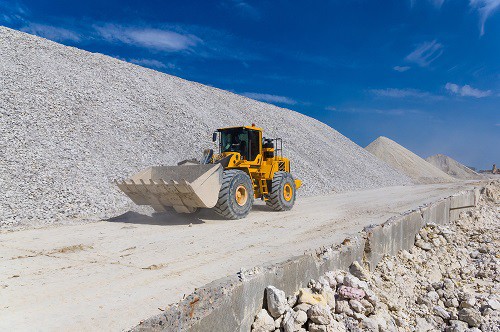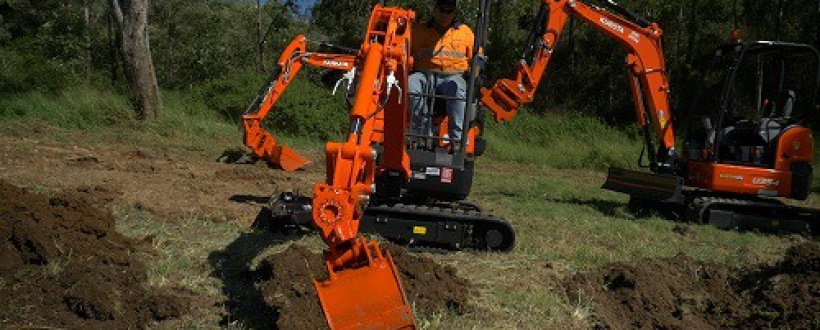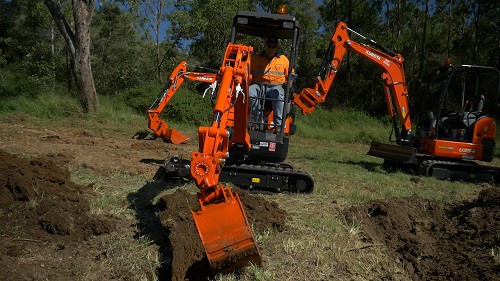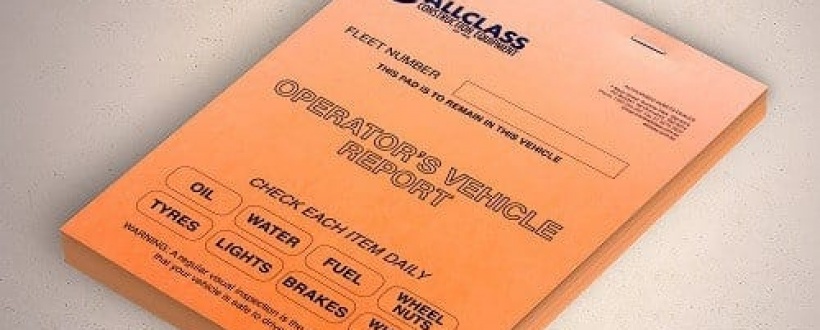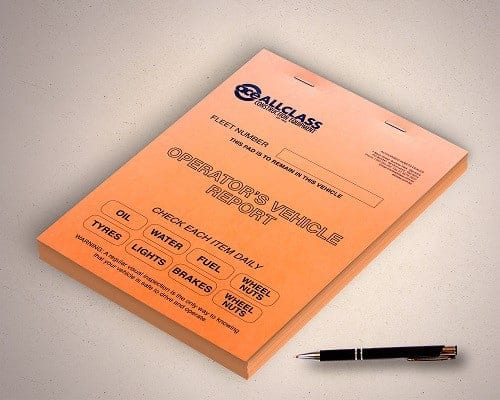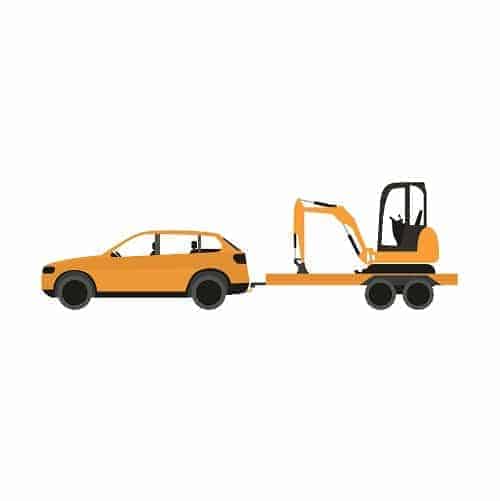
Mini excavators are the workhorses of the construction industry. Every construction firm has at least one. The major issue with these reliable and hardworking machines is transport. This makes a good trailer a must-have piece of construction equipment.
In this post, we’re going to give you some pointers about choosing the right trailer for your needs.
Trailer Essentials
Looking for a mini excavator trailer? You will need:
- A trailer with good carrying capacity above the weight of your mini excavator. This extra capacity means that your trailer is strong enough to handle the added stresses of road travel, moving around sites, and other strains.
- Preferably new: Trailers are placed under major stresses over their working life. Old trailers are OK for lighter workloads, but not for carrying important equipment like a mini excavator. You need a new trailer that which is in top quality condition, particularly if you’re on the road a lot, moving from site to site.
- Good wheels: A good trailer has at least four wheels supporting the tail of the trailer. This gives better balance on the road and improves steering by managing the load of the mini excavator more efficiently on the road.
- Solid carry frame: Whether you choose steel or alloy, the frame is a critical part of the trailer. The frame should also have a solid plate base for positioning your mini excavator with supports. This keeps the excavator steady and in place on the road.
Considerations: Safety, On Site and On Road Performance
You’ll have noticed from the above points that your choice of trailer is based on its ability to manage the load of your mini excavator on the road. This isn’t just common sense – it’s also a major safety issue.
Load movement and drift on substandard trailers are notorious for creating issues on the road. Heavy weights on trailers can cause significant performance issues for towing vehicles. Slow responses or wide drifting movement on a trailer is a recipe for trouble. A good trailer responds well to towing vehicle movement and doesn’t drift. This makes travel a lot safer and reduces the risk of accidents.
Performance problems with the trailer can also do damage to your vehicle. An erratic trailer can add strain to its steering, brakes, and suspension. That, in turn, can cause safety issues for the vehicle and added maintenance costs.
A good trailer is a useful asset for getting your mini excavator on the ground and working with minimal fuss. Get the advantage by choosing a safe, manoeuvrable trailer that can position your mini excavator wherever you want.
Ask Allclass Construction Equipment about Trailers
If you need a top quality trailer for your business in Brisbane, call Allclass Construction Equipment or contact us online and ask us about our trailers. We’re happy to provide you with any advice, guidance, and services you need.
